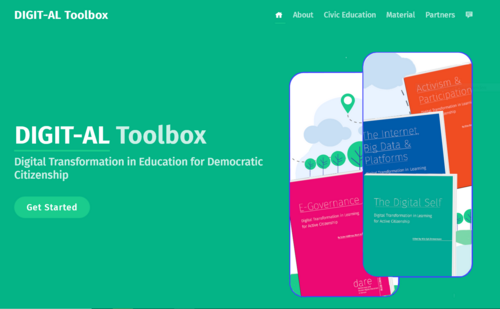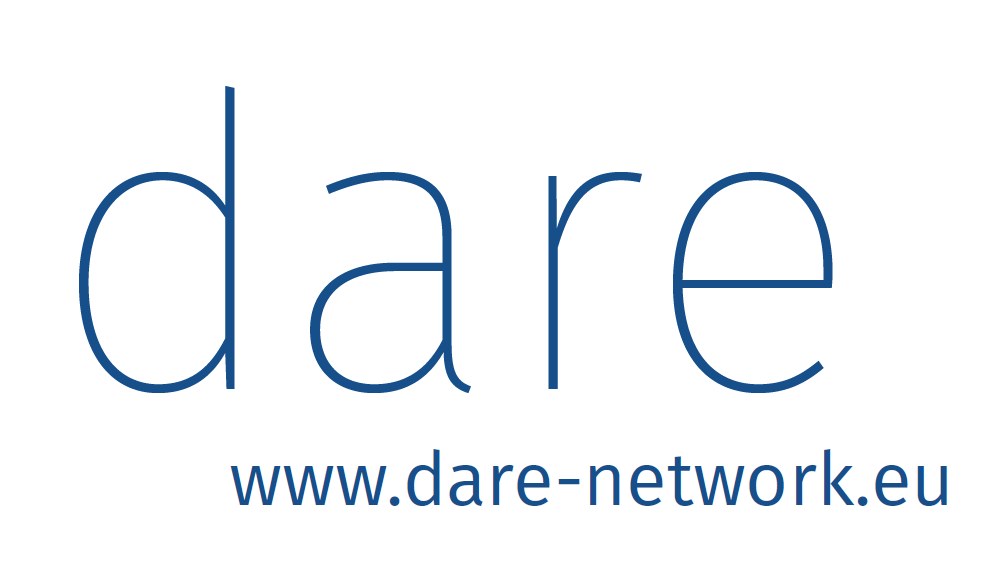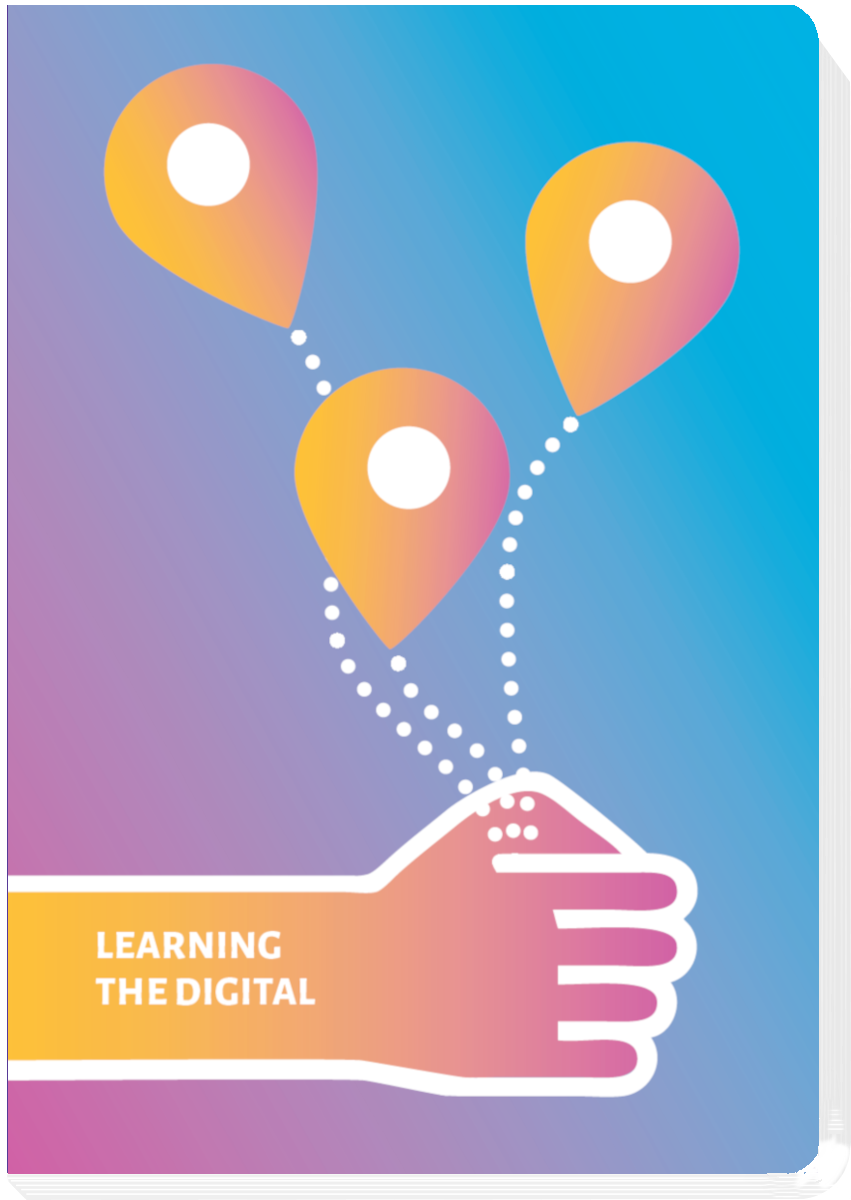Contents
Before beginning
- Define the research question based on a hypothesis or a social problem
- Is there a clear research question?
- Define the benefit of using citizen science
- What is the advantage of using a citizen science approach?
First Steps
- Establish the project team
- Develop concrete development goals
- Are the necessary skills and interests represented?
Planning Phase
- Determine the research design
- Determine the methods
- Who should participate?
- How long should the project take?
- What resources are required?
- How can participants be motivated? What are the benefits for participants?
- Do participants need training and if so, how?
- How will the project be evaluated?
- What infrastructures are required?
- Where and how will data be (permanently) stored?
- What licences will be used for data/photos/reports?
Data collection
- Collect, visualize and analyse the data
- Give feedbacks to participants
- Who is responsible for communicating with participants?
Communication and discussion
- Publish and present the results
- How will the results be published and what is the target audience?
- How can participants’ role be made visible?
Evaluation
- Evaluate the quality, process and benefits for all
- What criteria must be fulfilled so that the project can be considered a success?
Iterative adaption of plan
- ...
Source and background
- Source: GEWISS Programme Citizens Create Knowledge – Knowledge Creates Citizens (BürGEr schaffen WISSen – Wissen schafft Bürger. Citizen science for all. A guide for citizen science practitioners, p. 26, published under a CC BY SA License.
- Background article: Citizen science
Digital Transformation in Adult Learning for Active Citizenship
This text was published in the frame of the project DIGIT-AL - Digital Transformation Adult Learning for Active Citizenship.








